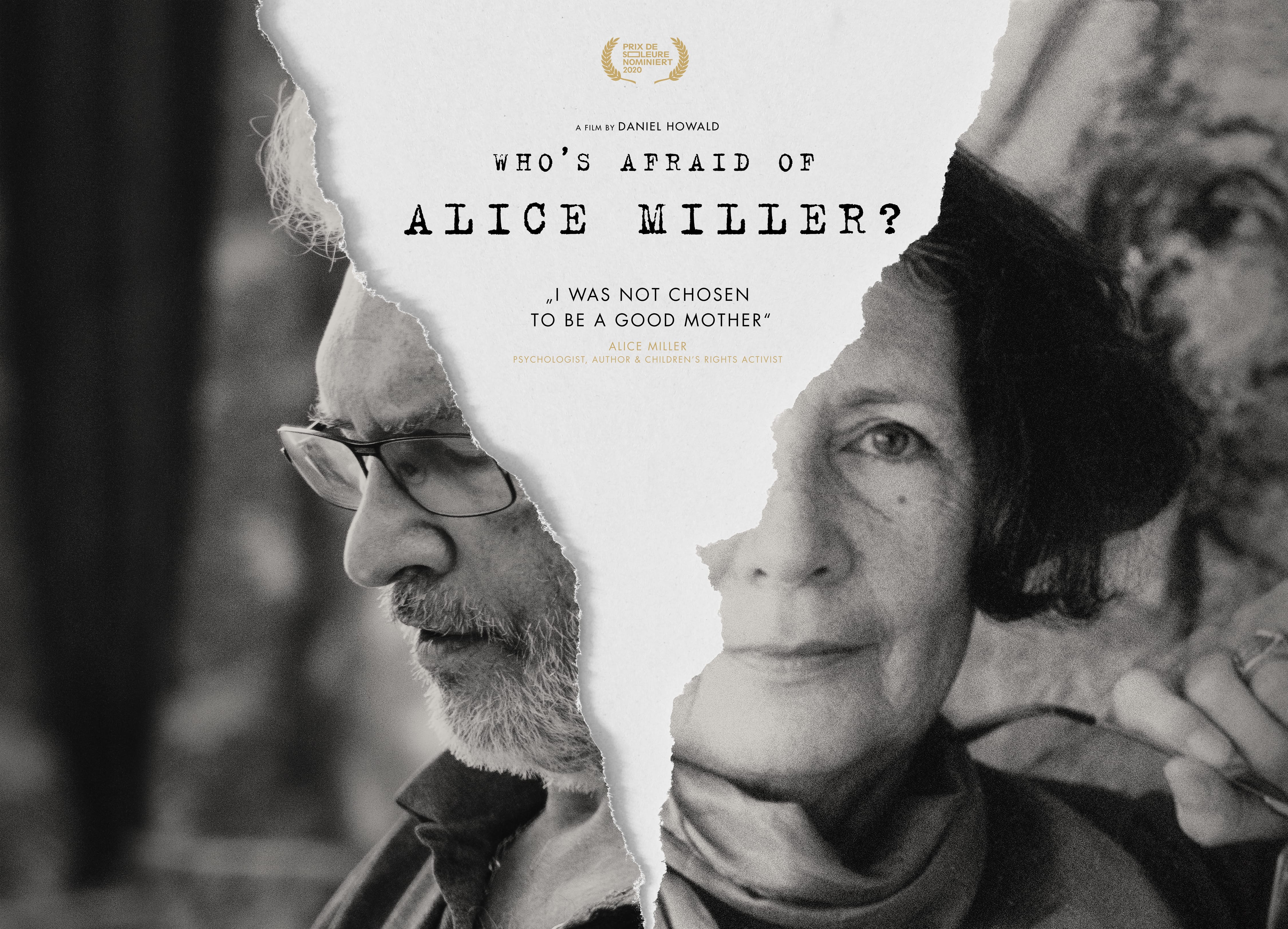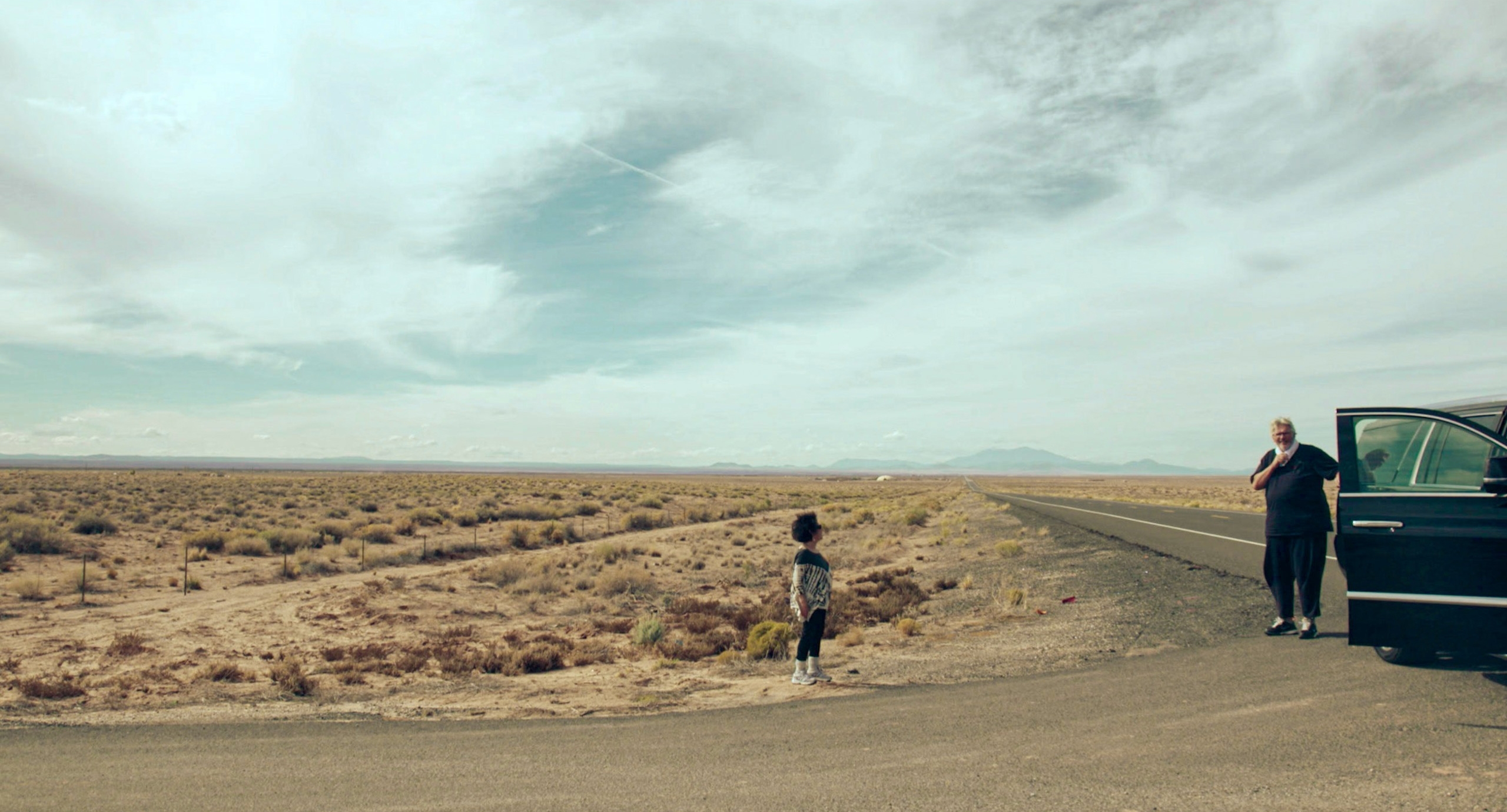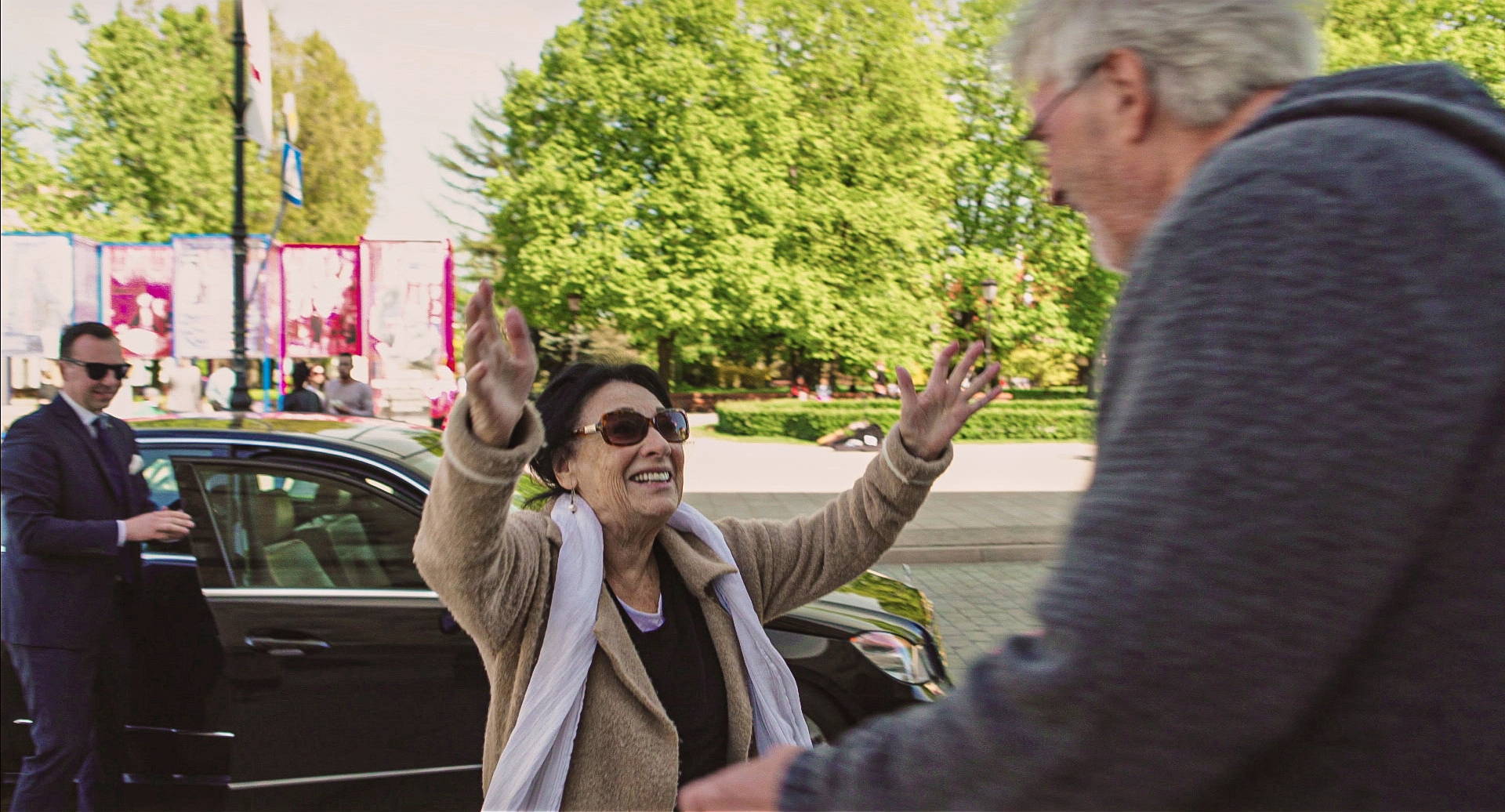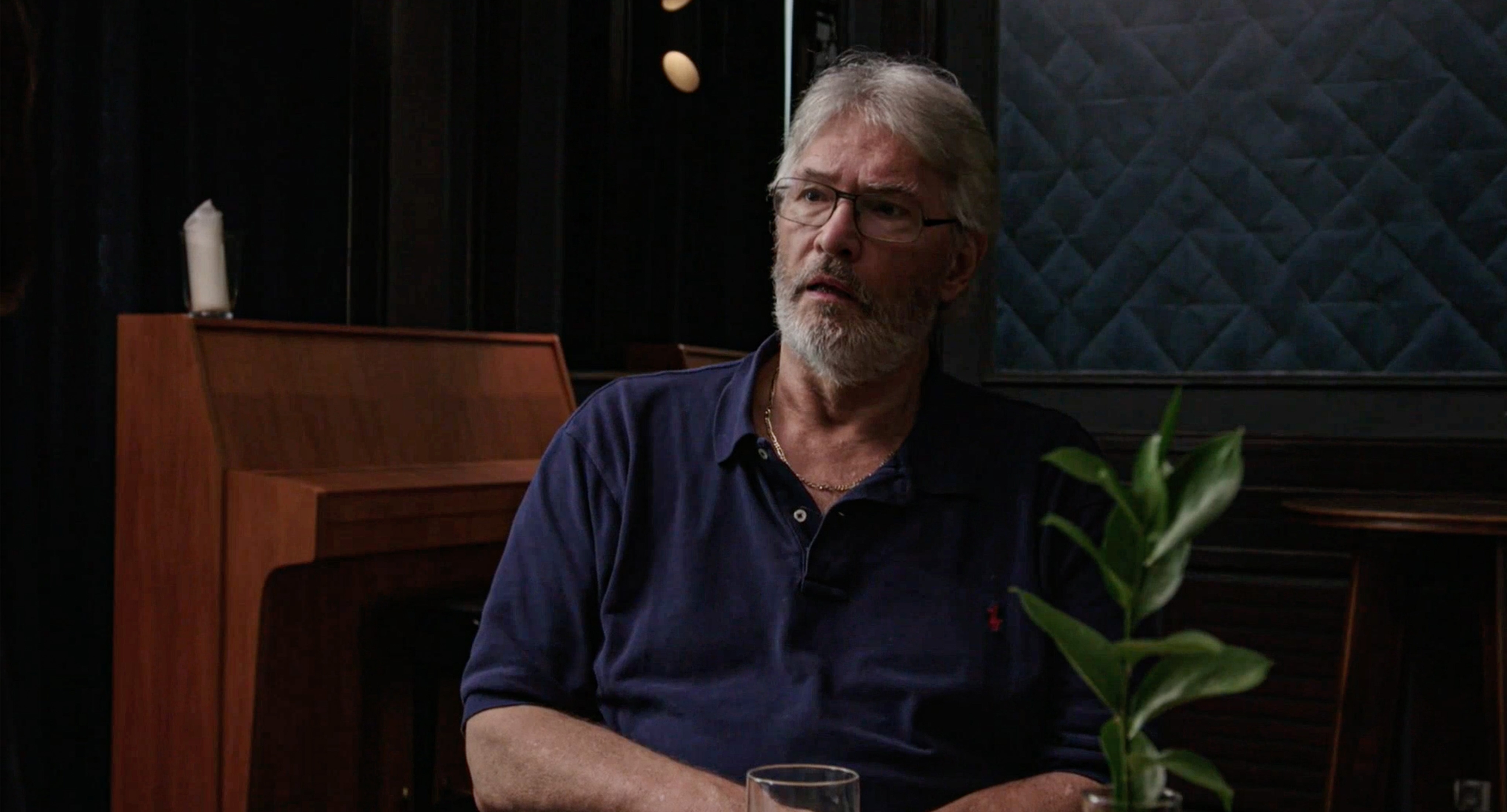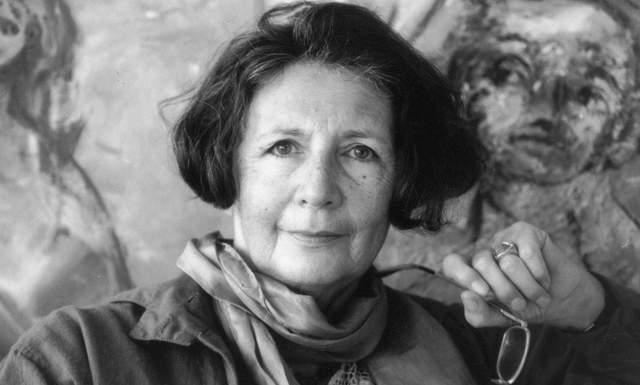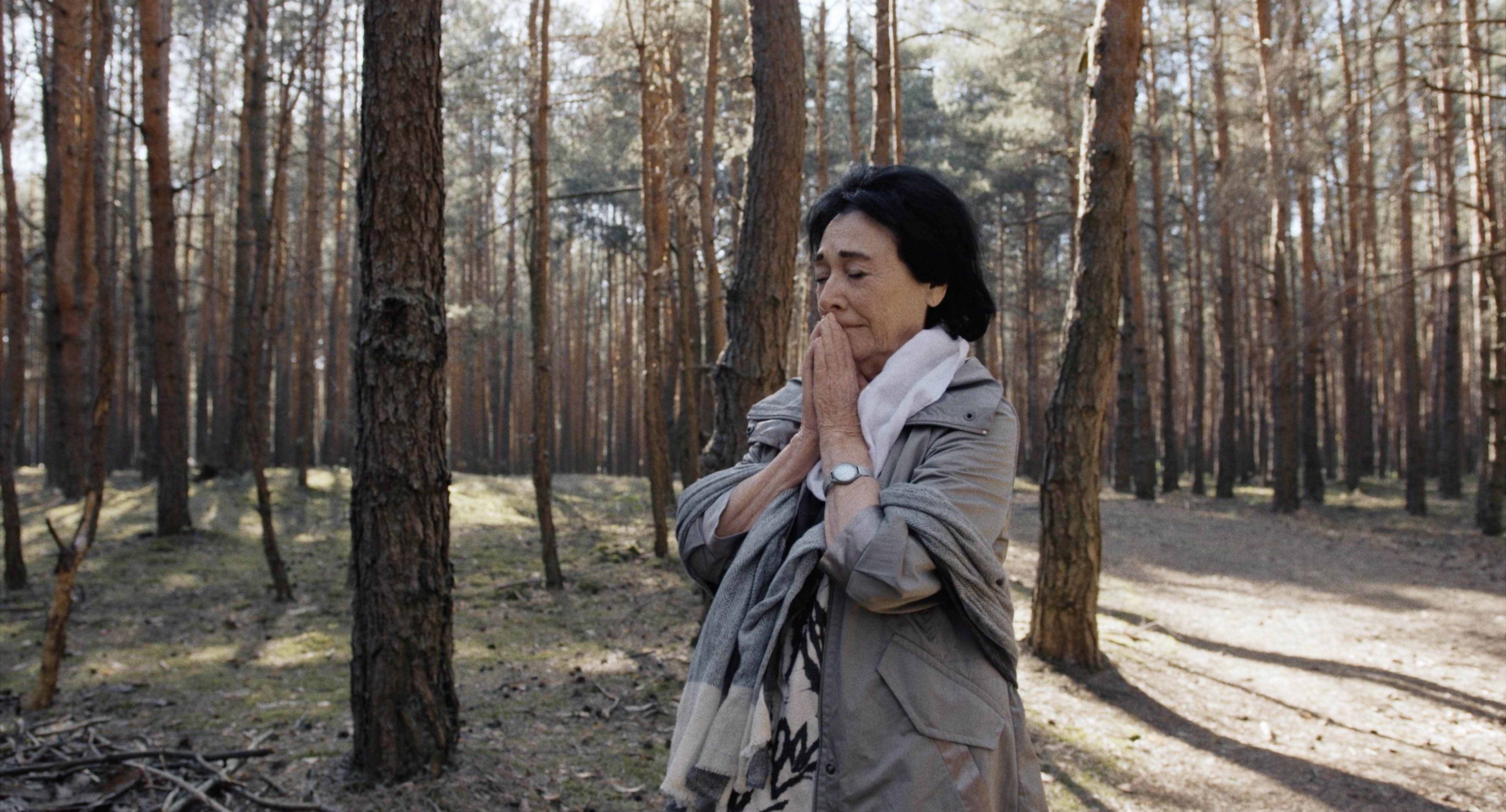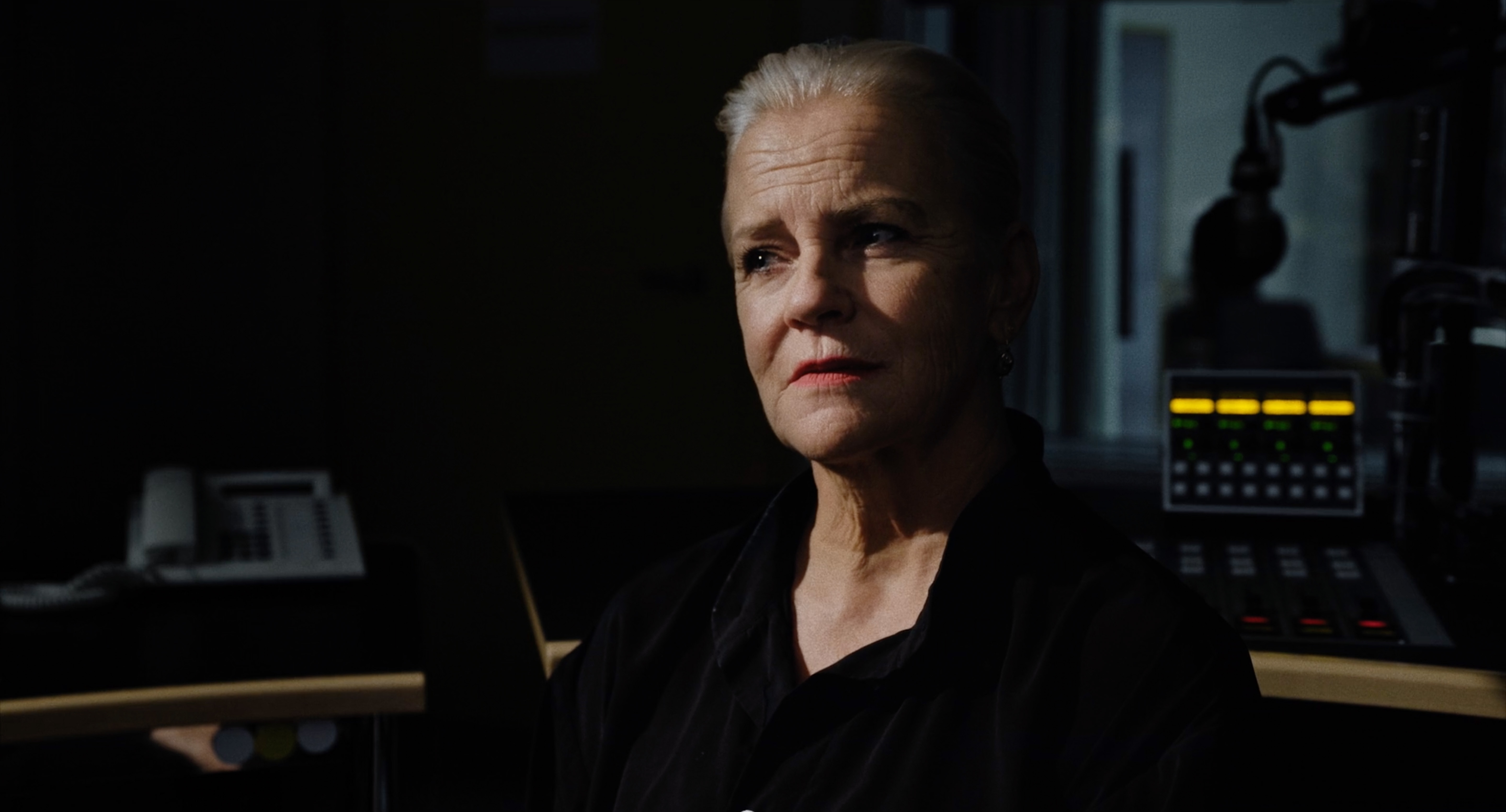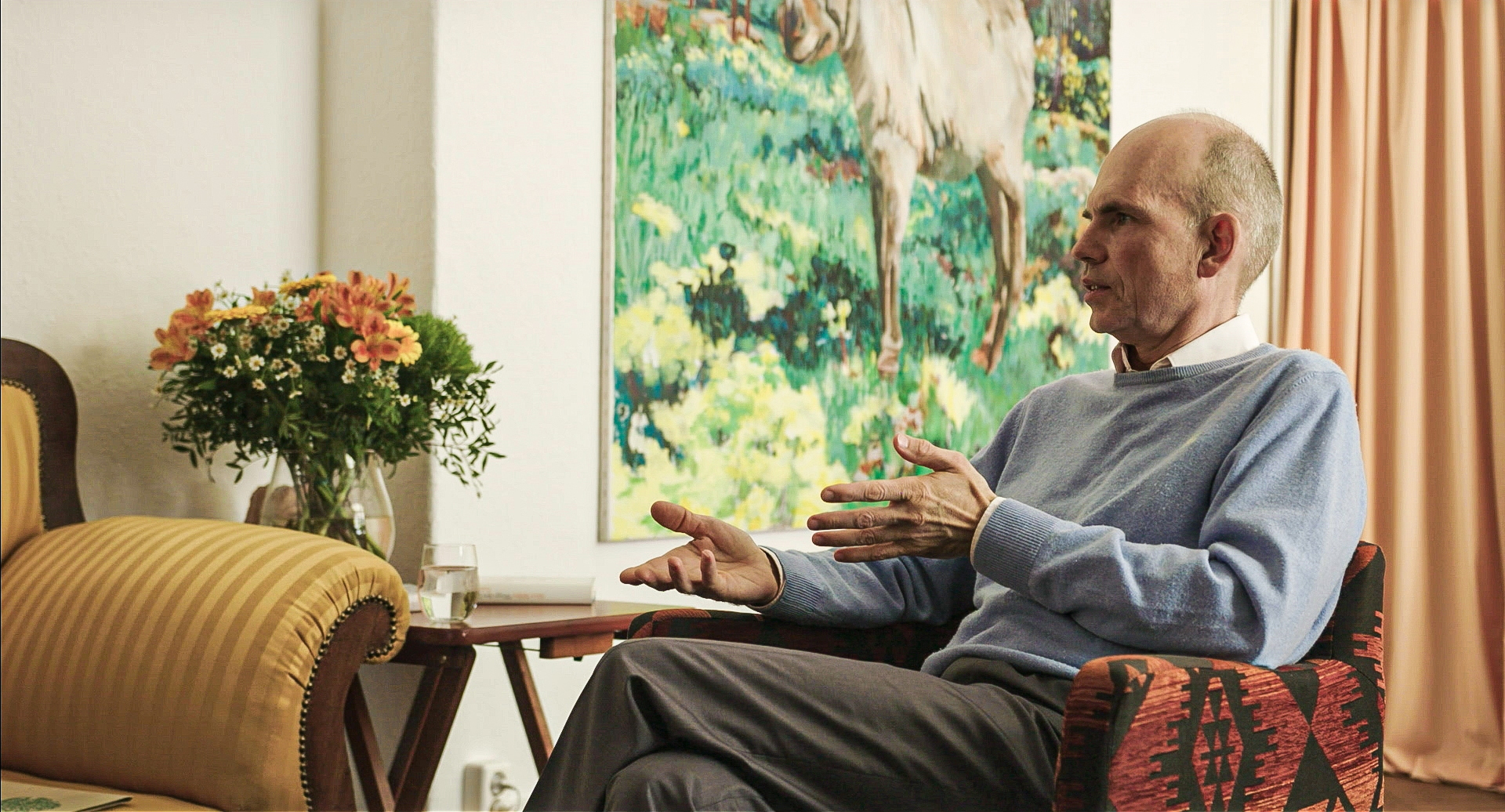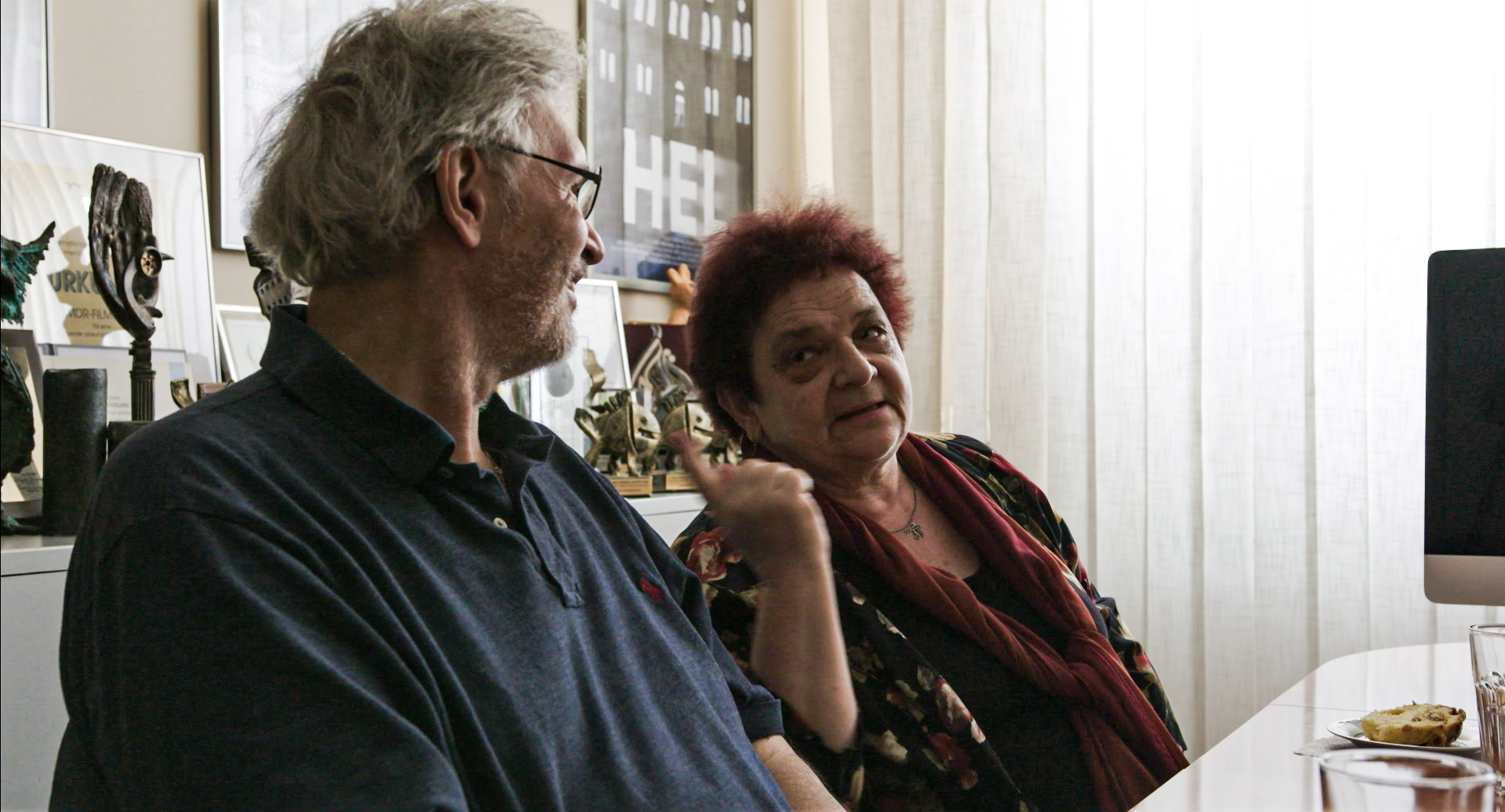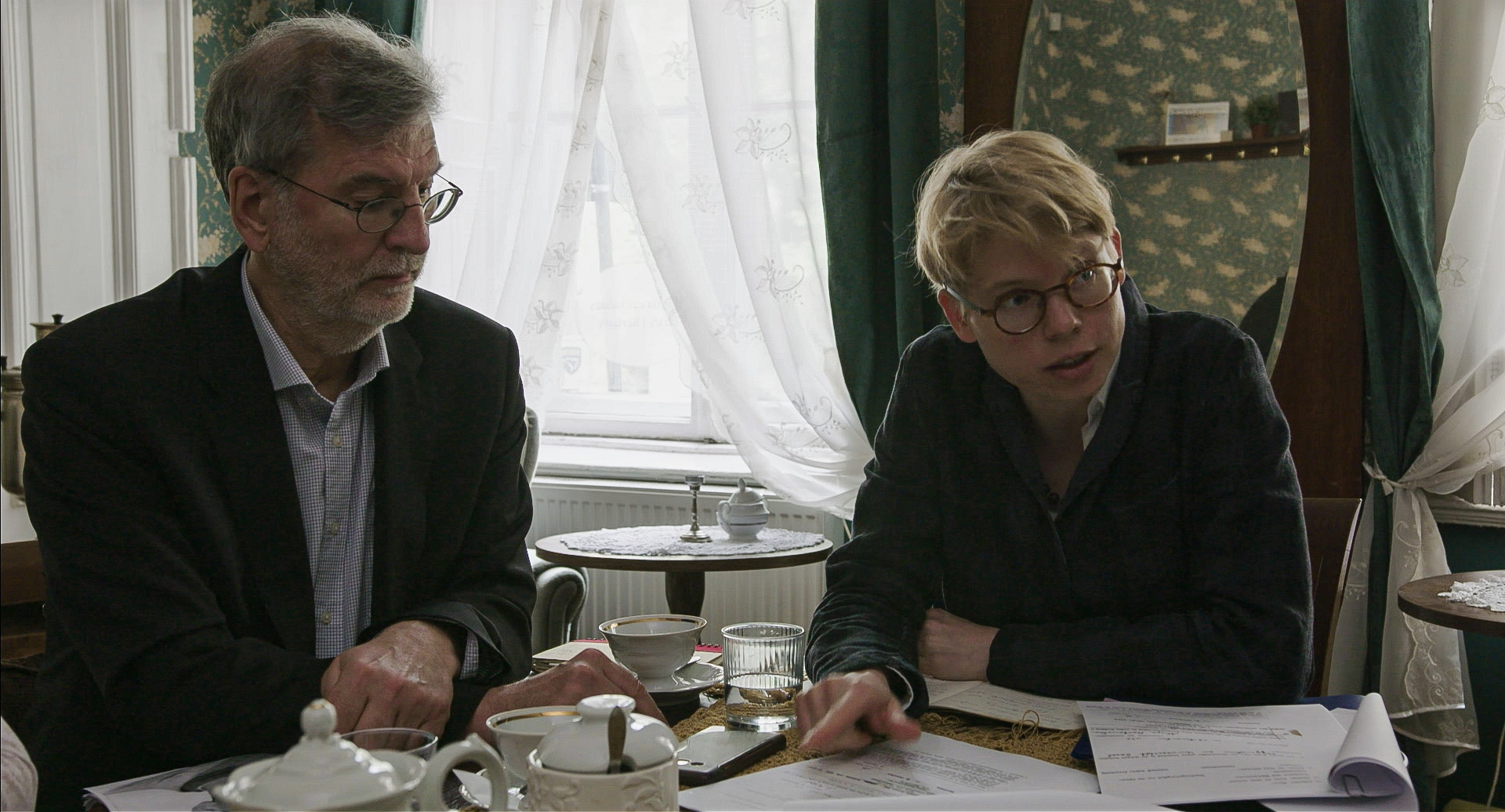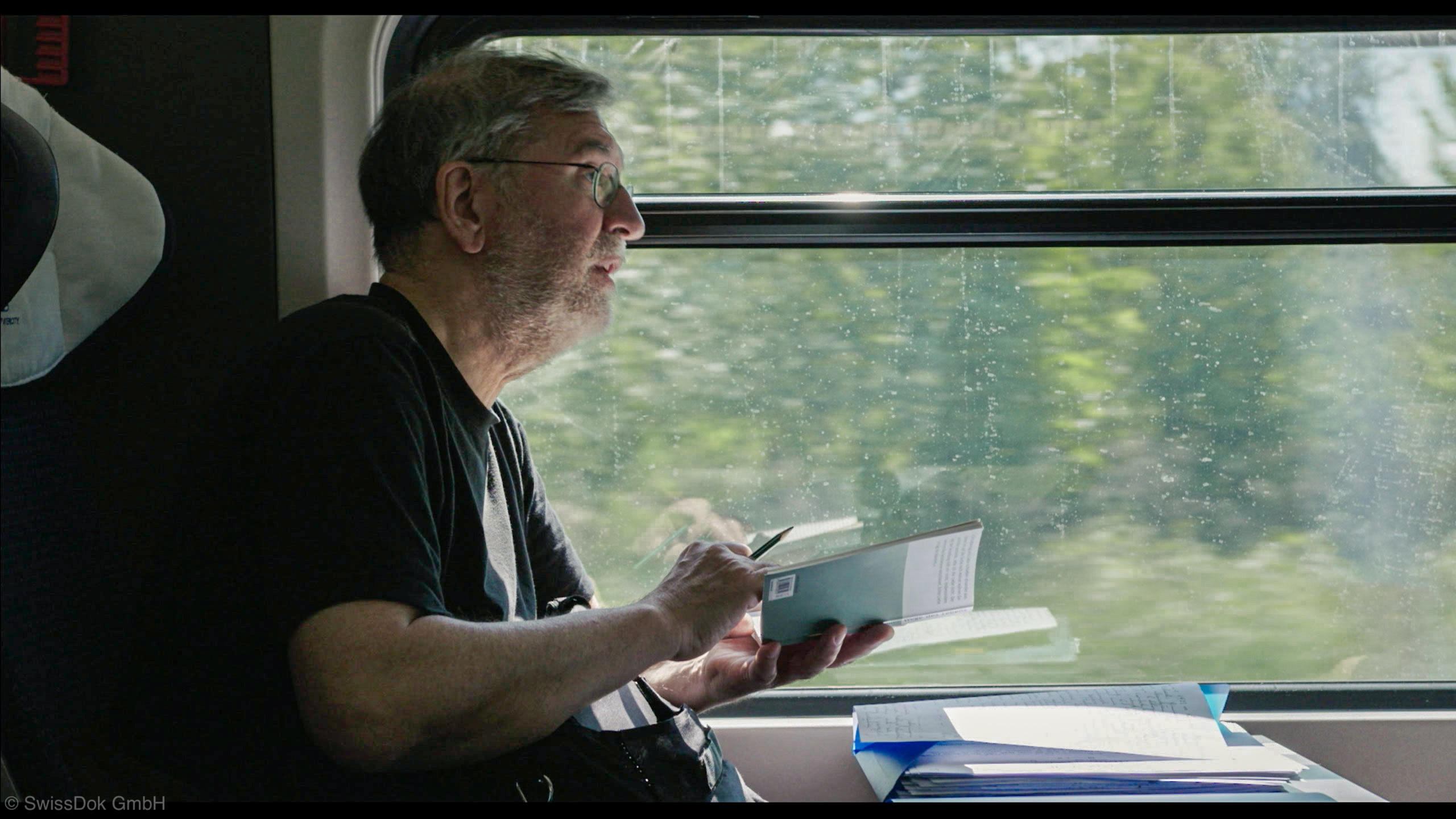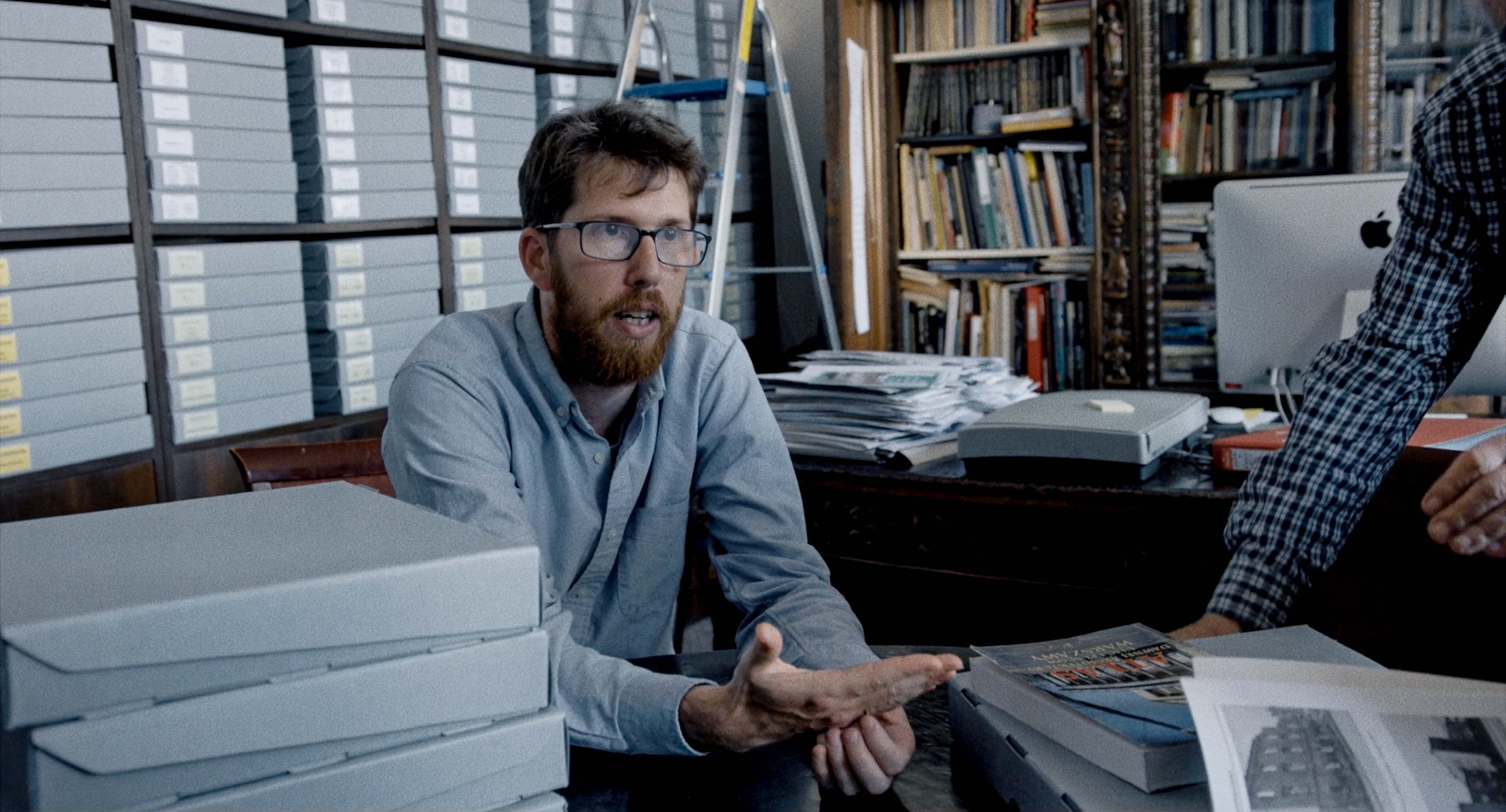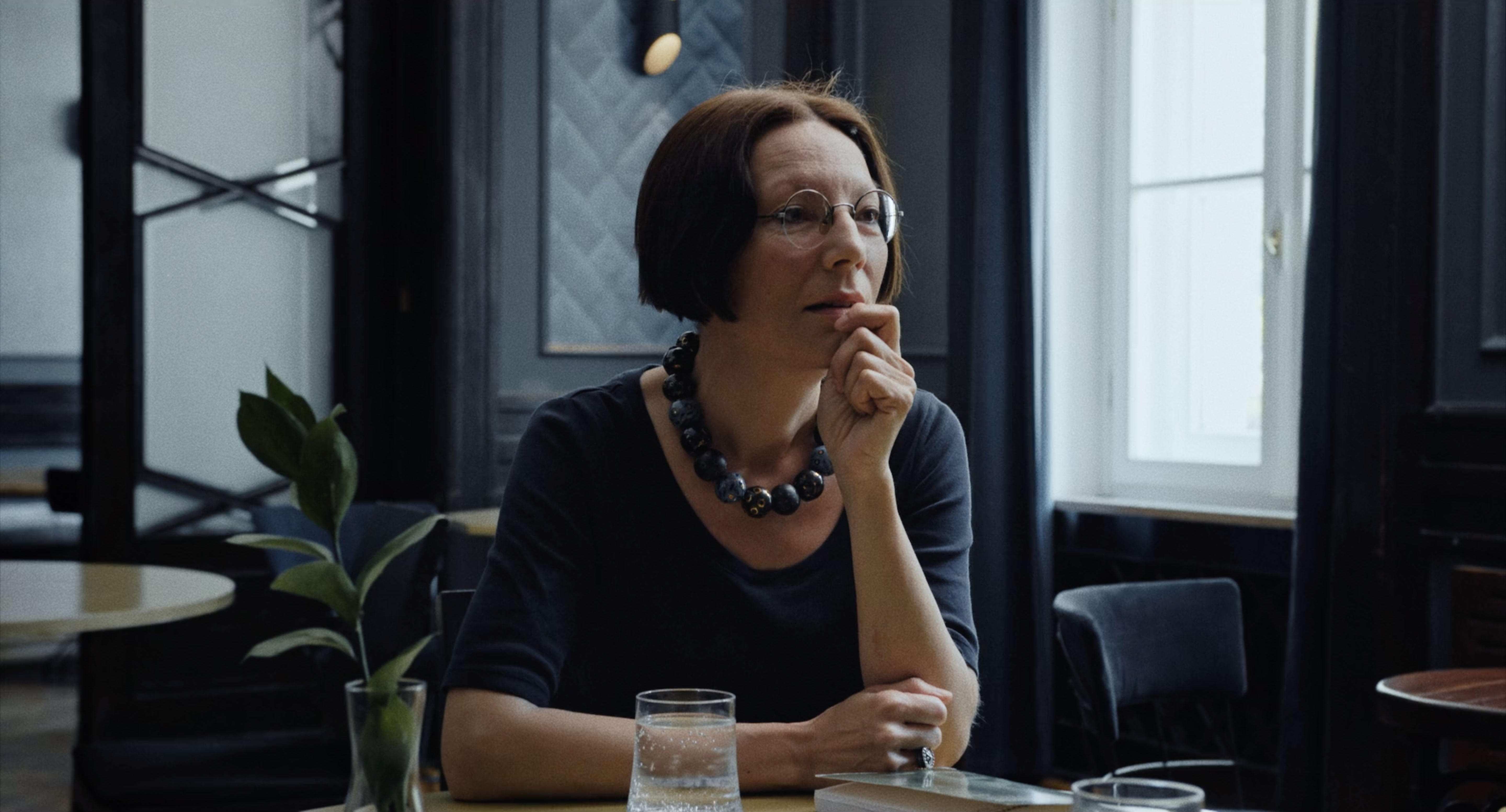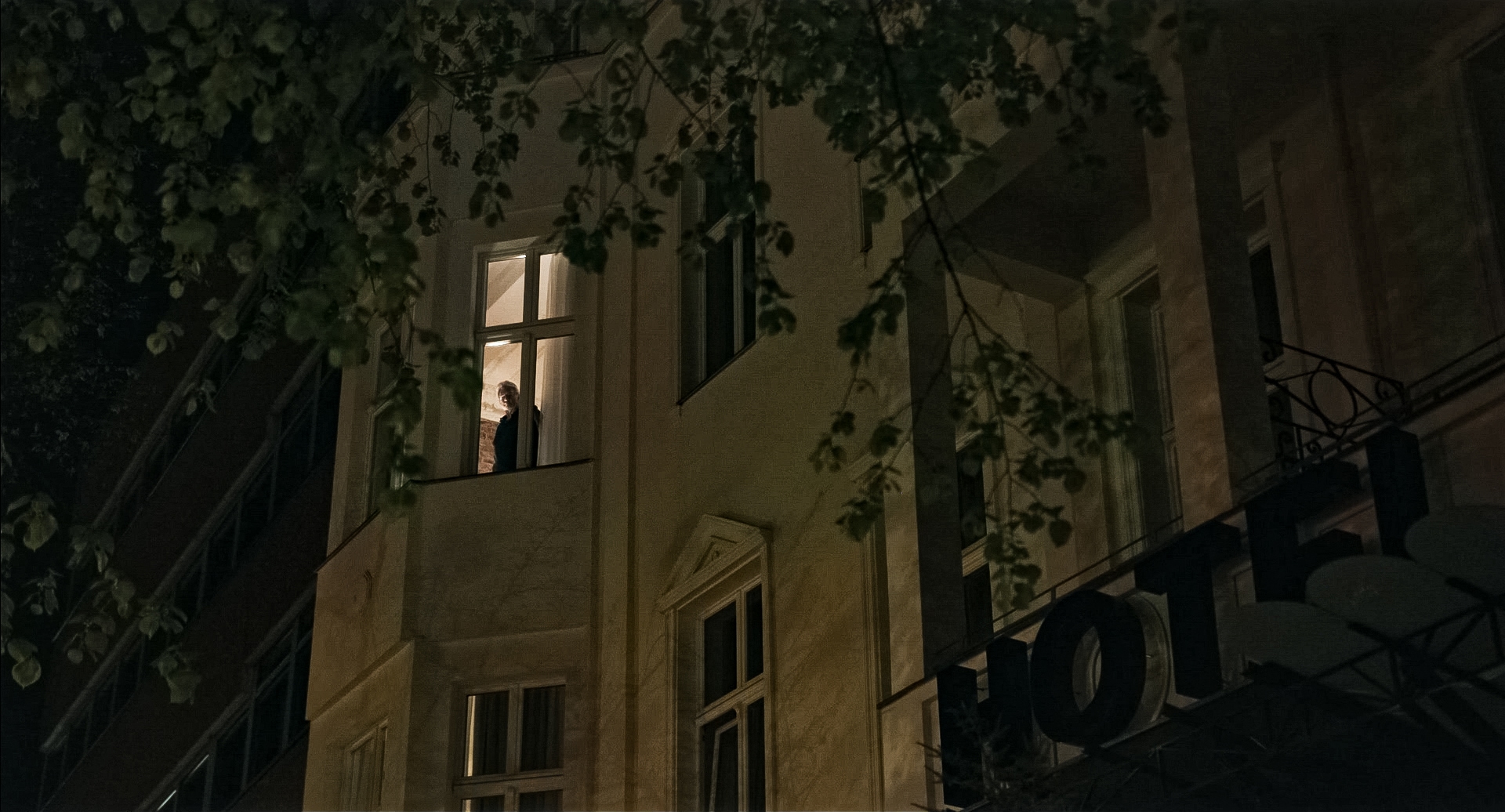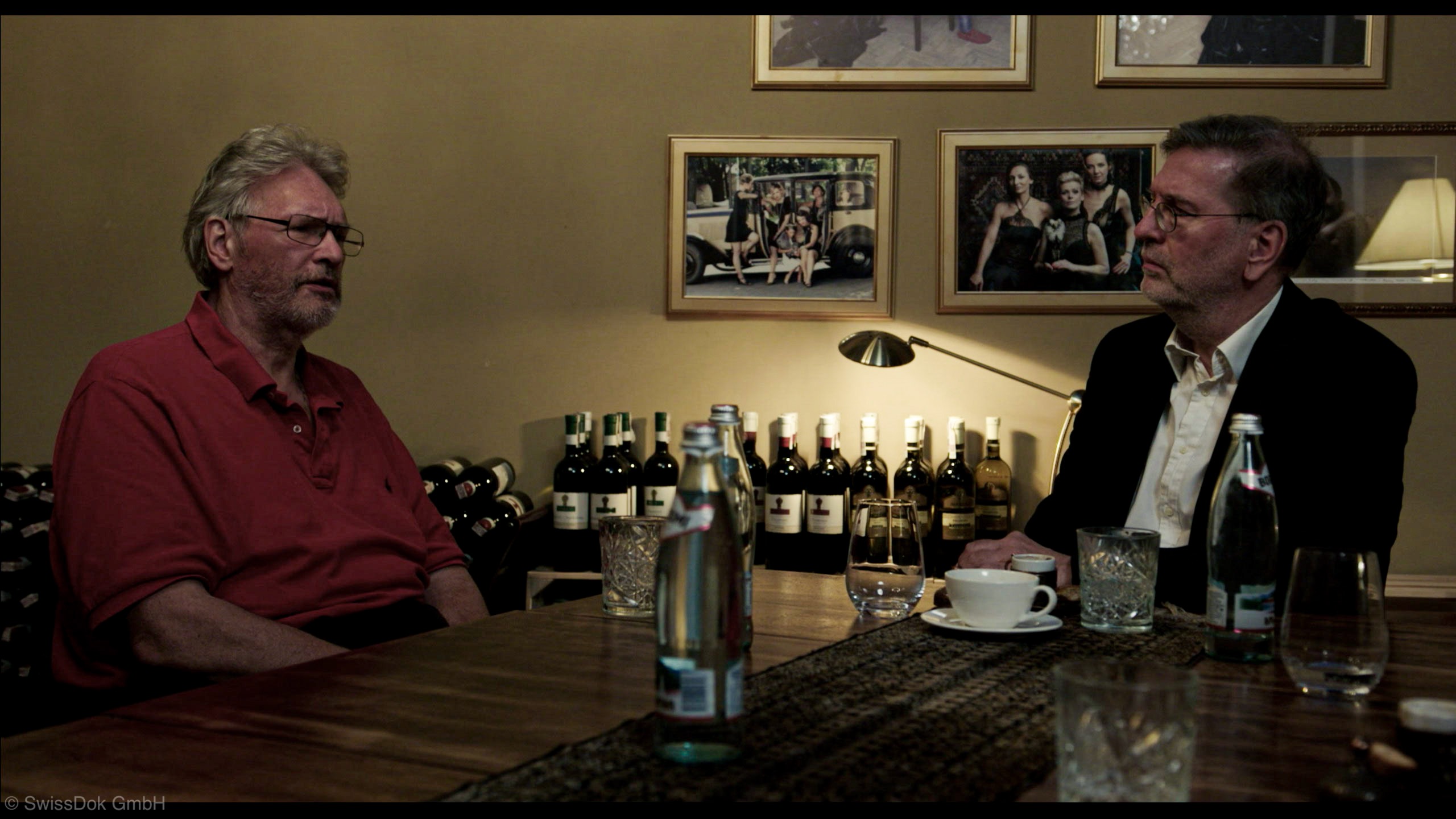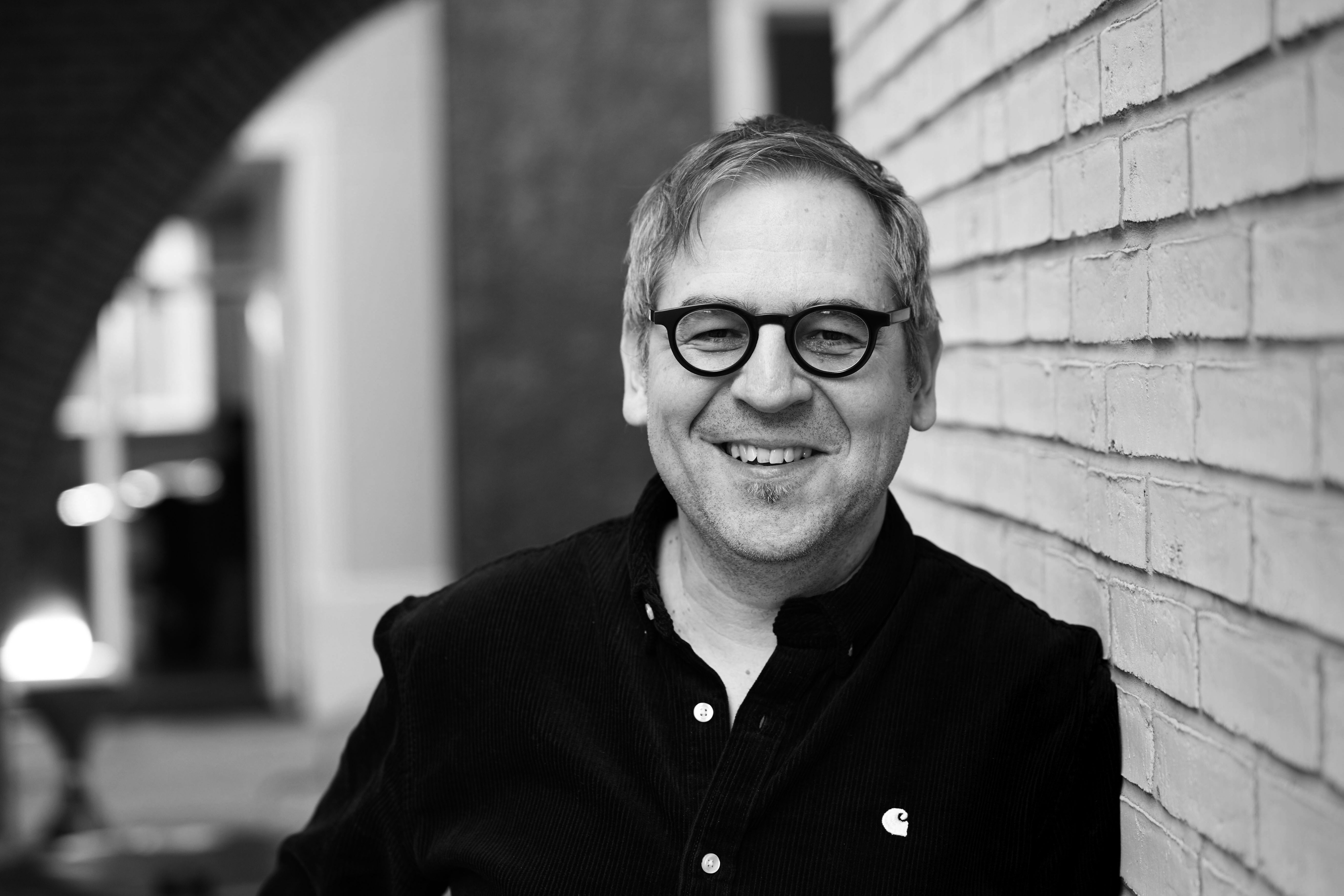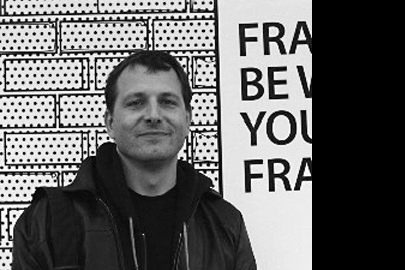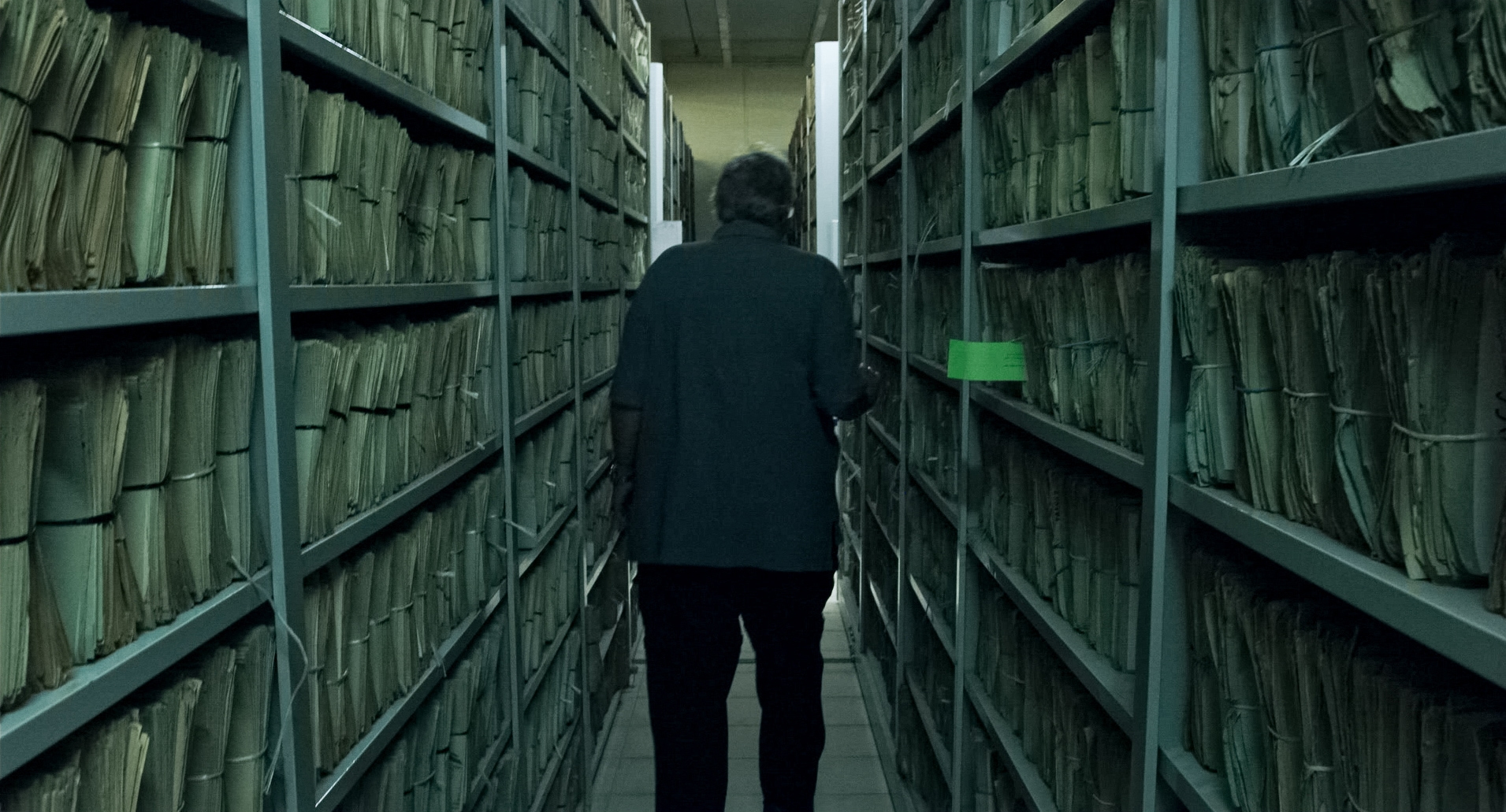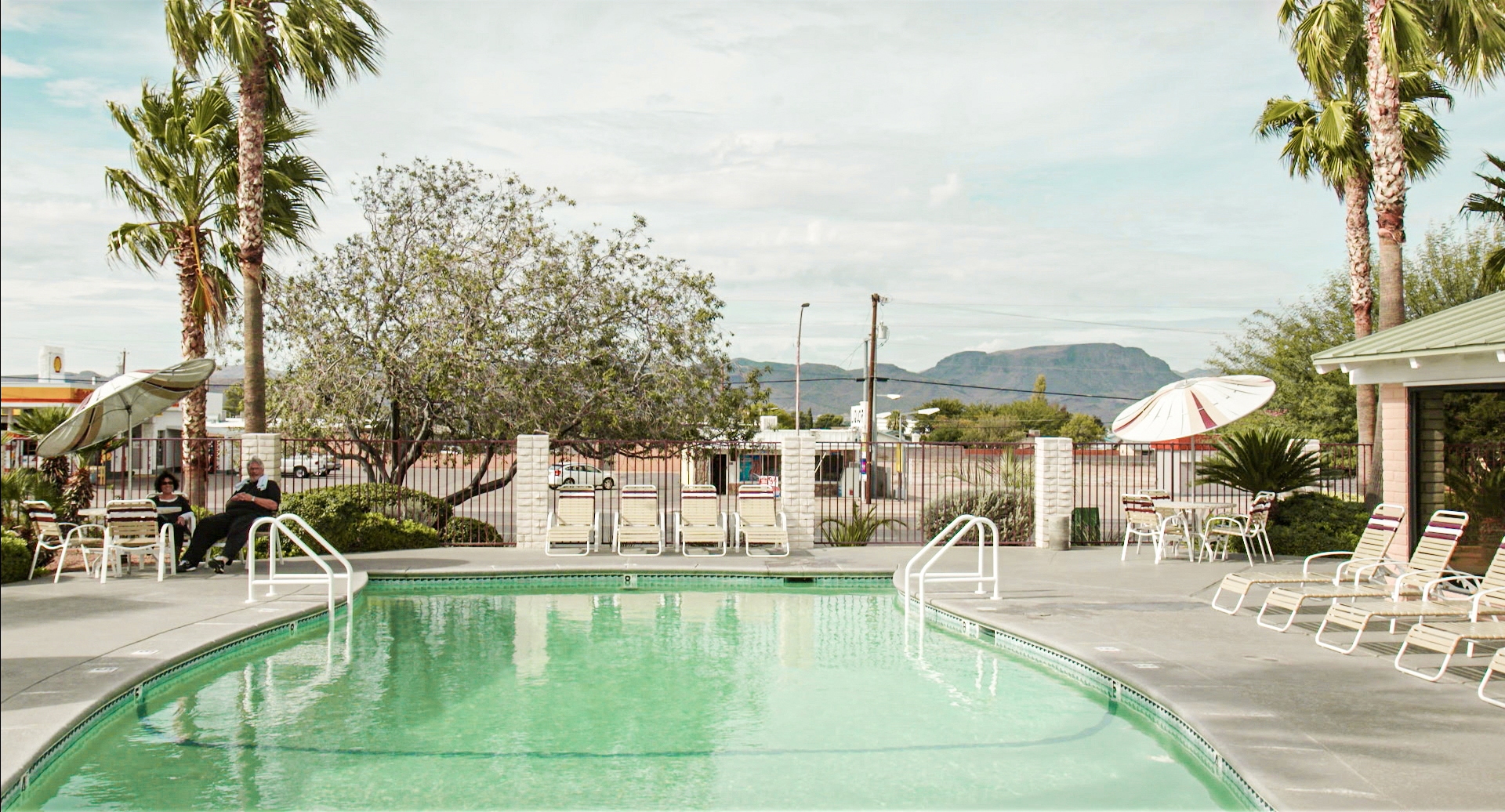With
Martin Miller, Irenka Taurek
Anja Dodziuk, Martin Sander
Katrin Stoll, Elszbieta Janicka
Cornelia Kazis, Oliver Schubbe, Matan Shefi
Piotr Morawski, Jacek Bednarek, Jan Jagielski, Ryszard Pasternak
and many more
With the voices of
Katharina Thalbach
Hanspeter Müller-Drossaart
Written and directed by
Daniel Howald
Co-written by
Annina Butterworth
A SwissDok GmbH production
In co-production with
SRF Schweizer Radio und Fernsehen SRG SSR
Produced by
Frank Matter
Cinematography (Poland, Germany)
Gabriel Sandru, Ramon Giger
Cinematography (USA)
Ramòn Giger
Location sound (Poland, Germany)
Matteo De Pellegrini
Location sound (USA)
Reto Stamm
Edited by
Christof Schertenleib, Daniel Howald
Music by
Raphael B. Meyer
Sound design
Reto Stamm, Daniel Howald
Assistant director
Annina Butterworth
Location manager
Carl G. Friedrich
Line producers
Thabea Furrer, Frank Matter
Commissioning editor SRF
Urs Augstburger
Additional camera
Ramòn Giger, Simon Guy Fässler, Jonas Jäggi
Drone operator
Martin Schuhmacher, air-view
Assistant editors
Rebecca Siegfried Reischer, Carmen Walker
Fundraising, backoffice
Loredana-Nastassja Fernández
Production assistant
Vivienne Kuster
Additional research (Poland)
Katrin Stoll, Martin Sander
Research assistant (Switzerland)
Ulrike Kiessling
Translations (Polish)
Gosia Kaminska, Sofia Polek
Music recording and mixing
Martin Offik
Guitars & E-bass
Mirko Arnone
Piano
Liliane Christ
Viola da Gamba
Matthieu Gutbub
Percussion
Jonas Prina
Sound editing
Matteo De Pellegrini
Sound mixing
Patrick Becker, nurTon GmbH
Re-recording mixing
Dominik Avenwedde, Filmsounddesign
Voice recordings
Basis Berlin, Idee und Klang, Digiton GmbH
Grading
Hannes Rüttimann
Video post-production
Postino
Graphic design
Jens Müller
Website
Haus Kato
Subtitles
Manuela Vonwiller, ZAXAPH
Project accountant
Peter Hechler
Legal advisor
Dr. Adriano Viganò
Archive material and sources:
Radio interview
«Dem Schweigen ein Ende. Sexueller Missbrauch von Kindern und Jugendlichen in der Familie»
by Cornelia Kazis
18.06.1987, DRS1
TV interview
«I begynnelsen var oppdragelsen»
by Anne Elisabeth Andersen
3. & 6.2.1987, NRK
TV discussion on the film
«Wenn es unmöglich erscheint, ein Leben zu leben»
by Marion Bornschier, DRS, Hanspeter Riklin,
30.1.1980
Documentary «Ida and Irena»
by Piotr Morawski, Kalejdoskop Film,
2016
Alice Miller, «Wege des Lebens»
@ Suhrkamp Verlag, Frankfurt am Main, 1998
Courtesy of Suhrkamp Verlag
Essay KTO-M ZACZ?
by Stefan Morawski, Losy żydowskie, editor Marian Turski,
Stowarzyszenie Żydów Kombatantów i Poszkodowanych
w II Wojnie Światowej, Warsaw,
1996
Files regarding Alice Rostovska and
Andrej Miller, Staatsarchiv Basel, Switzerland
Files regarding Alice Rostovska and
Andrej Miller, University of Lodz, Warsaw
«Das wahre Drama des begabten Kindes»,
Martin Miller, Kreuz-Verlag,
Freiburg 2013
Photos and letters from the private
archives of Martin Miller
Letters from the private
archives of Oliver Schubbe
@ SwissDok 2020
ISAN: 0000-0004-8B46-0000-E-0000-0000-W
